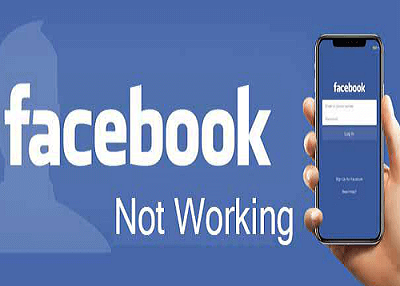Social media can impact teens’ mental well-being
Social media can impact teens’ mental well-being – Social media can indeed have significant effects on teens’ mental health, and concerns about its addictive nature are valid.
Social media can impact teens’ mental well-being

Here are some reasons why social media can impact teens’ mental well-being:
- Comparison and Self-Esteem Issues: Social media often presents a curated version of people’s lives, highlighting only the positive aspects. This can lead to feelings of inadequacy and low self-esteem when teens compare themselves to others.
- Cyberbullying: Social media platforms can be breeding grounds for cyberbullying, where teens experience harassment, humiliation, and exclusion online. Cyberbullying can have severe consequences on mental health, leading to anxiety, depression, and even suicide.
- FOMO (Fear of Missing Out): Constant exposure to the highlight reels of others’ lives on social media can exacerbate feelings of FOMO, where teens feel anxious or left out if they perceive others are having more fun or success.
- Addictive Behavior: Social media platforms are designed to be addictive, with features like notifications, likes, and comments triggering dopamine releases in the brain. Teens may find themselves spending excessive amounts of time on social media, neglecting other activities and responsibilities.
- Sleep Disruption: The use of social media, particularly before bedtime, can disrupt teens’ sleep patterns. Exposure to screens and engaging with stimulating content can interfere with the quality and duration of sleep, leading to fatigue and mood disturbances.
- Negative Influence on Body Image: Social media platforms often promote unrealistic beauty standards, leading teens to compare their bodies to highly edited and filtered images. This can contribute to body dissatisfaction, eating disorders, and unhealthy weight control behaviors.
- Privacy Concerns: Teens may inadvertently share personal information or engage in risky behaviors online, unaware of the potential consequences. Privacy breaches, online harassment, or exposure to inappropriate content can have lasting effects on mental health.
Addressing these concerns requires a multifaceted approach involving parents, educators, mental health professionals, and social media companies:
- Education and Awareness: Teens should be educated about the potential risks of social media and equipped with skills to navigate online interactions safely.
- Limiting Screen Time: Establishing guidelines for screen time and encouraging teens to take breaks from social media can help mitigate the negative effects of excessive use.
- Encouraging Offline Activities: Promoting healthy offline activities such as exercise, hobbies, and face-to-face social interactions can help balance teens’ online and offline lives.
- Open Communication: Parents and caregivers should maintain open communication with teens, providing a supportive environment where they feel comfortable discussing their online experiences and seeking help if needed.
- Regulation and Policy Changes: Social media companies should implement measures to promote responsible use of their platforms, including age-appropriate content filters, privacy settings, and measures to combat cyberbullying and harmful content.
While social media can have detrimental effects on teens’ mental health, it also offers opportunities for connection, creativity, and self-expression when used mindfully and responsibly. By addressing the underlying issues and promoting positive online habits, we can work towards a healthier relationship with social media for teens.
More Update – Click Here


Hello sir hame pat time work chahiye koi job hai to btaiye